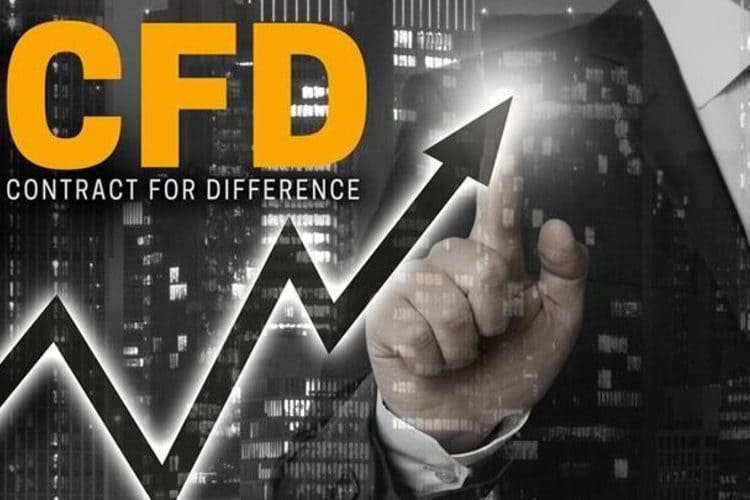Role of Macroeconomic Factors in CFD Trading

In the currency market, a lot of transactions are conducted daily. Thousands of investors participate in this all over the world. This continuous popularity of CFD trading increases the roles of macroeconomic factors. Most of the traders make their decisions based on economic factors. Conversion of business mostly depends on the economic events and strategies. In this article, we will know about the macroeconomic factors that can affect the overall trading business. The continuously changing economic market and the events can support the continuous operation of the stock market.
Role of macroeconomic factors in Forex trading
- Capital market
The global capital market is the most important indicator of overall economic condition of the asset. Stocks and bonds are the two types of crucial indicators. The economic events are constantly covered by the media. A single significant event cannot make a better option, which is previously used. Most of the states are dependent on a particular sector of the economy. For example, we can tell that Dubai is dependent on oil. With the fluctuations of oil and its prices, the rate of currency can change if the price rises, the cost of the currency in relation to others will also rise.
- International trade
The level of demand can be represented by the import and export indicators. This is really a vital factor that can modify the operating systems of the CFD trading business. International trade deals can increase the goods and services for a better result. For example, we can tell that for buying Australian goods, we must need the existing currency that can complete the deal with the Australian dollar. The rate will automatically increase as the demand is also proliferating. The deficit and the surplus of the complete trade balance will show the accurate position of international trade. If there is a significant trade deficit, it shows the market as an average importer of goods and services.
- Economic indicators
The main basic element of Forex trading is economic indicators. The economic indicators are continuously changing, and it is sometimes very hard to maintain the economic calendar. The most vital economic indicator is the GDP for the foreign exchange market. It can show the strength and state of the economy. GDP measures productivity and its growth rate of a specific economy. The inflation rate is also important, along with the GDP. The change in purchasing power can be indicated by the price index. High inflation can create pressure on the national currency by decreasing the solvency level. Sometimes the inflation can change the scenario of the overall economy by forcing the central bank. It can strengthen the exchange rate. Inflation is often an ambiguous indicator of the economy. Other crucial economic indicators are the national currency and production indices, retail sales, employment, etc.
- Consumer price index (CPI)
The consumer price index is the measure of the goods and services and how it is linked with the starting point of business. It can give a clear idea about the rising and falling of the price. This information is very crucial as price stability is a part of a successful FX profession. As the monetary policy is directly related to inflation, so CPI has a significant impact on the Forex market. The higher value of CPI often elaborates on the forward-moving trading market, and the monetary policy will be tightened. The bullish and bearish movement will be easier to understand.
- Unemployment rate
It is a lagging indicator. In simple ways, we can tell that the unemployment rate is the percentage of the people who are actively searching for a job. Consumer sentiment is closely linked with the unemployment rate. An excess unemployment rate can create massive destruction for customer sentiment. The overall economic growth is hampered due to these economic factors.
Image courtesy of Golden Money Pro